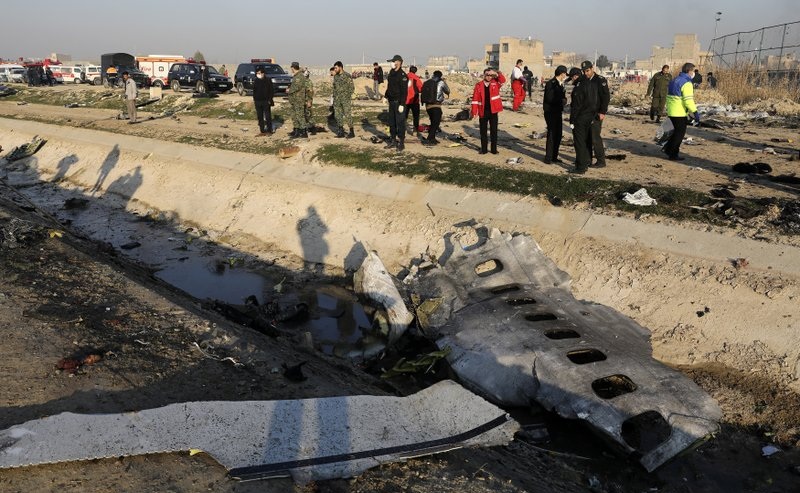Alwaght- The Islamic Revolution Guards Corps (IRGC) has accepted full responsibility for the downing of the Ukraine plane which crashed near the capital Tehran earlier this week.
Speaking on Saturday, General Amir Ali Hajizadeh Head of the Aerospace Division of IRGC said that he had “wished for death” after being informed of the matter on the same day the crash took place on Wednesday, Press TV reported.
Hajizadeh said that he had notified related authorities immediately but that public announcement of the matter was pending an investigation of Iran’s General Staff of the Armed Forces as required by existing procedures.
“Nor the IRGC nor the Armed Forces never intended to cover up, but this was a process that had to be perused,” he said.
He added that further judgment on the matter was the responsibility of the higher authorities and the judiciary and that “we will comply with any decision taken by them”.
The remarks come after Iran’s General Staff of the Armed Forces put out a statement saying the Ukrainian plane was shot down “unintentionally” due to “human error” earlier on Saturday.
The statement added that those found guilty would be brought to military justice.
The incident happened as Iran had “raised the sensitivity” of its air defenses due to increased hostile American aerial activity which came after “threats by the criminal American president and military commanders" to hit Iranian targets, the statement read.
All 176 crew members and passengers, 147 of whom were Iranians, died in the Ukraine International Airlines (UIA) crash which came a few minutes after take-off from Tehran to Kiev on Wednesday.
‘Our system detected a cruise missile’
Detailing the events which led to the tragic incident, Hajizadeh said that the country’s had been put on the “highest level of readiness” and had been alerted of a possible cruise missile attack prior to the incident.
The Aerospace chief added that the operator manning the system had repeatedly called for a halt in flights in the region during the night, but did not elaborate on why such an order was ultimately not given.
Hajizadeh added that the operator then identified what his air defense system had detected an incoming cruise missile 19 kilometers away.
The operator, as required by military guidelines then proceeded to call for orders to deal with the perceived threat, but wasn’t able to do so as his communication network failed to work.
Hajizadeh added that the operator then “took the wrong decision” of firing on the perceived threat in a “ten-second” time-span to shoot or ignore the flying object.
The Aerospace chief added that Iran’s aviation authorities had no information regarding the matter and that they, along with the plane’s crew, had conducted no wrongdoing in the incident.



























